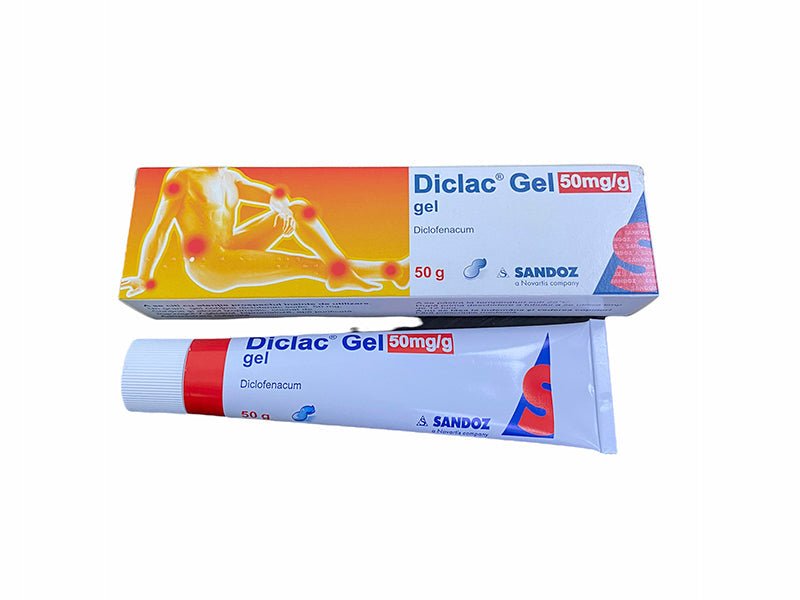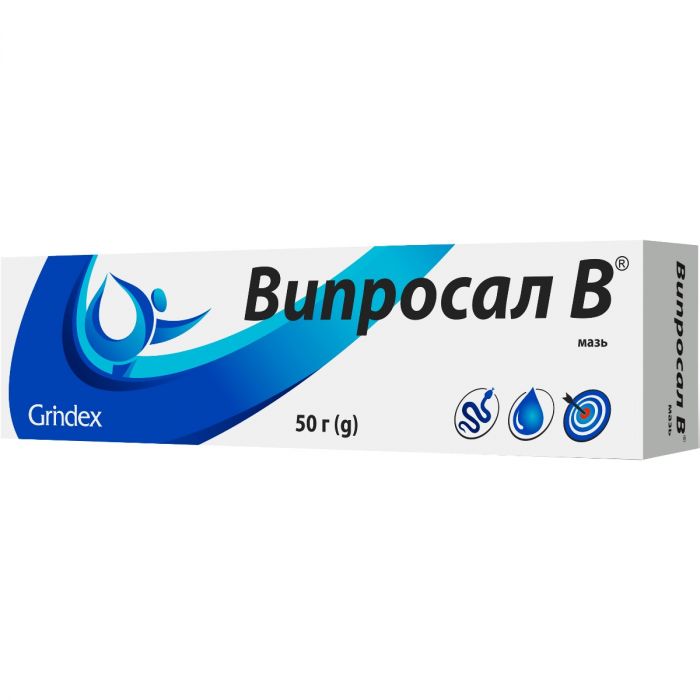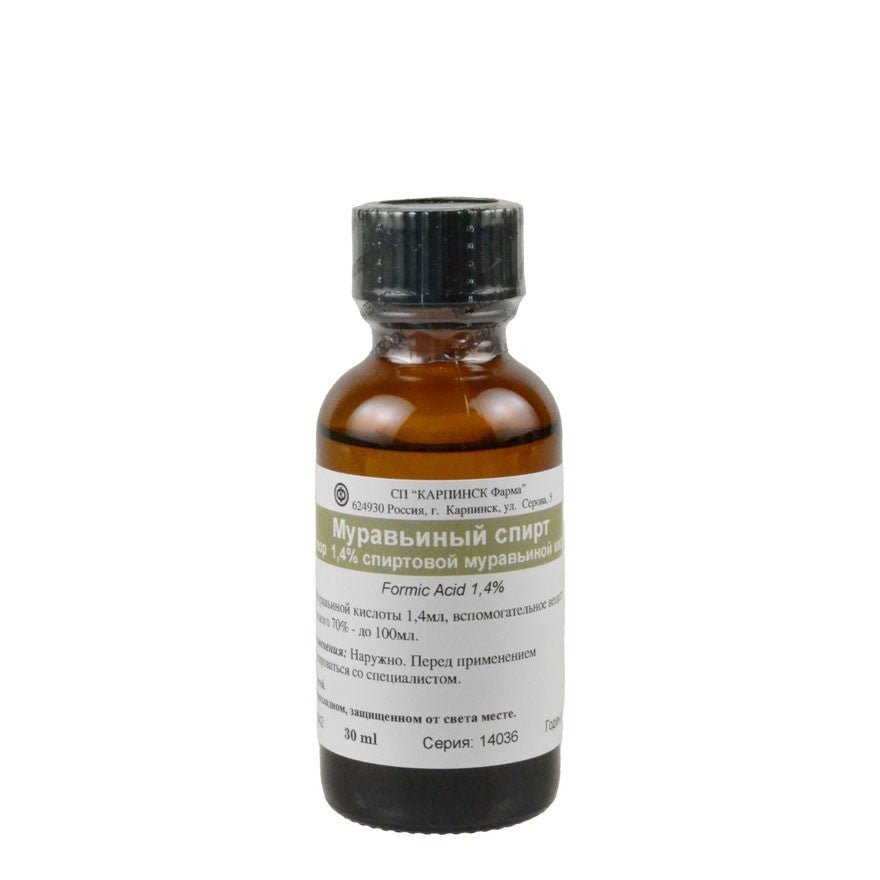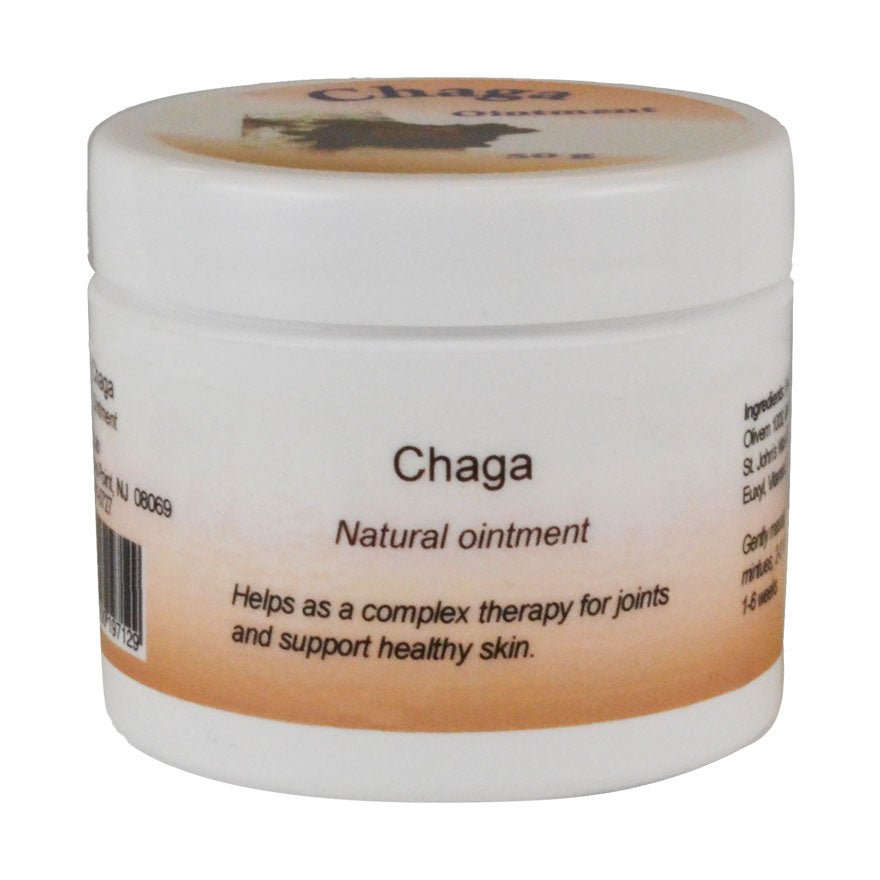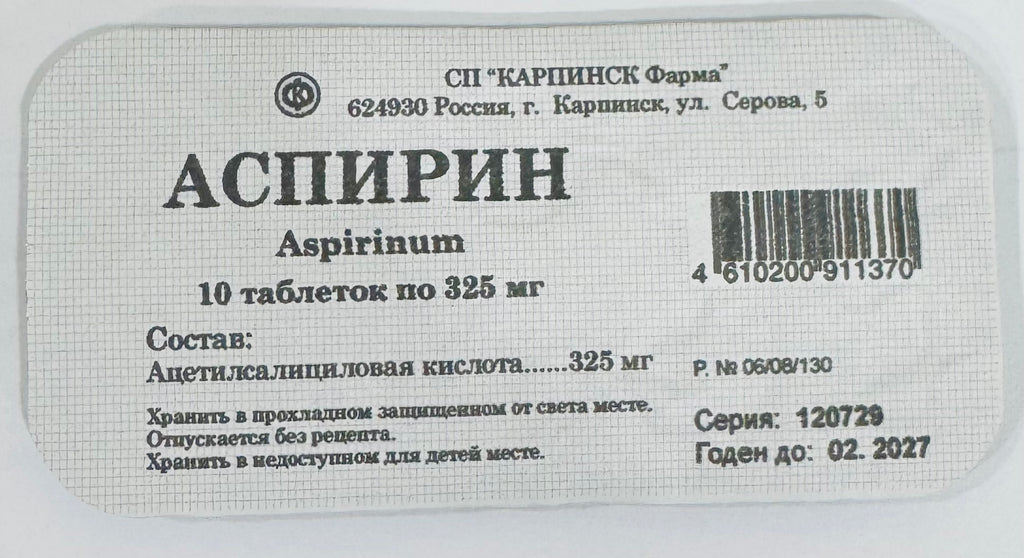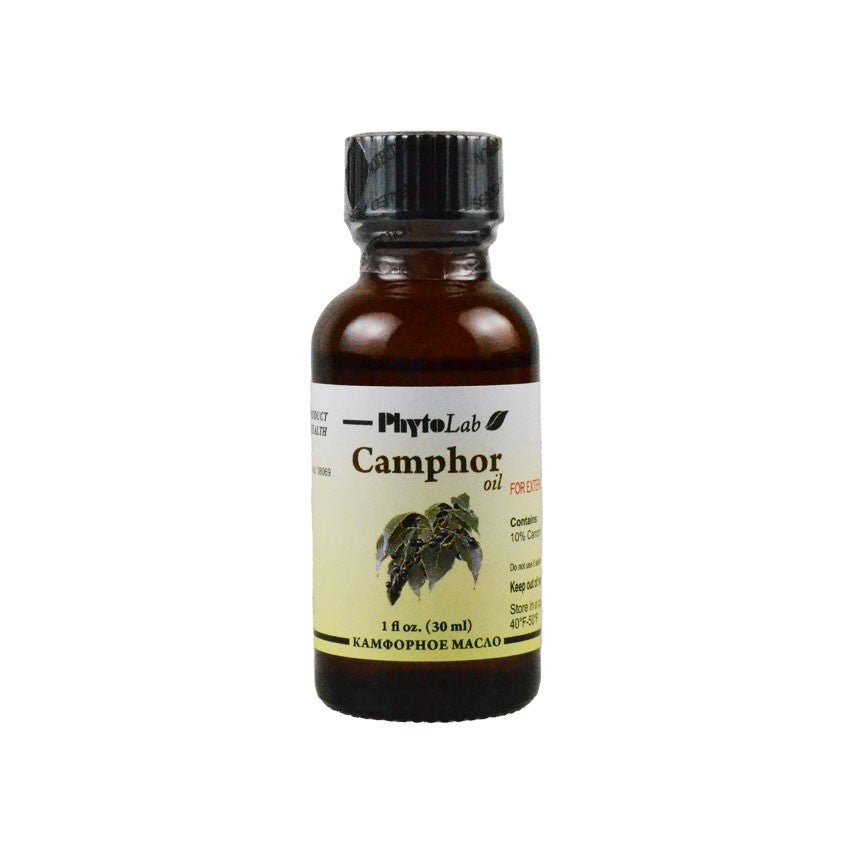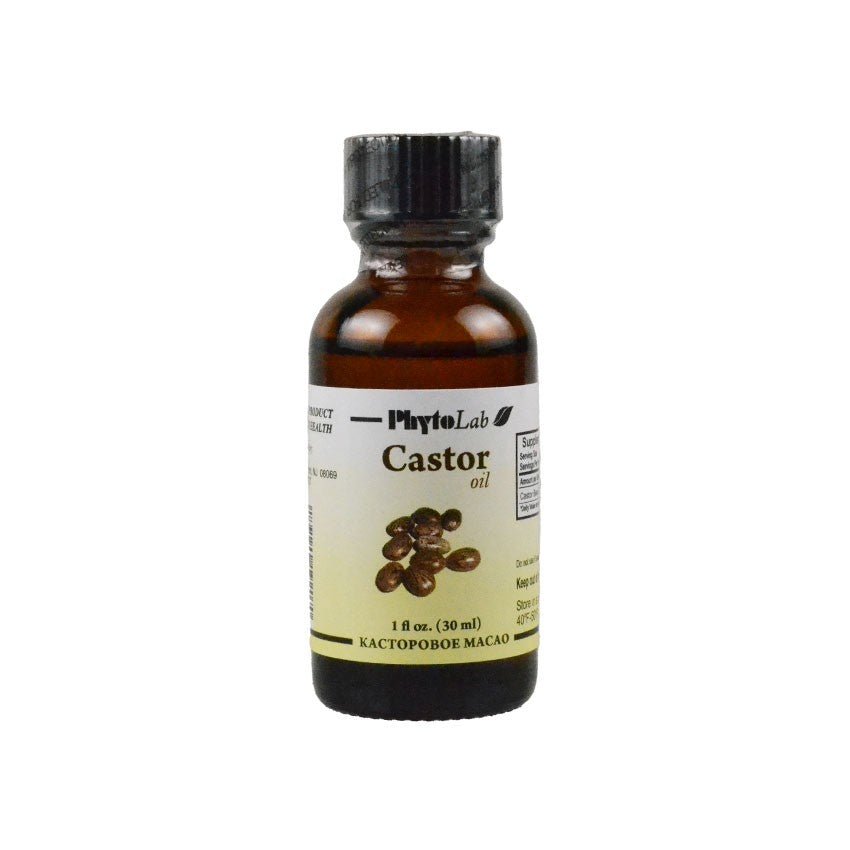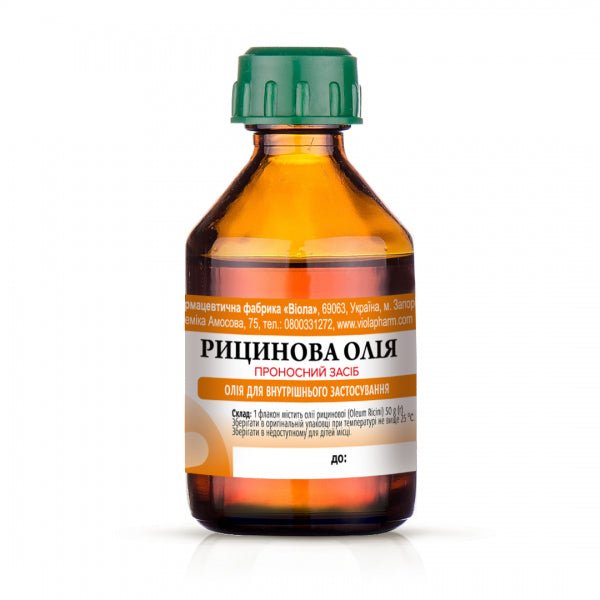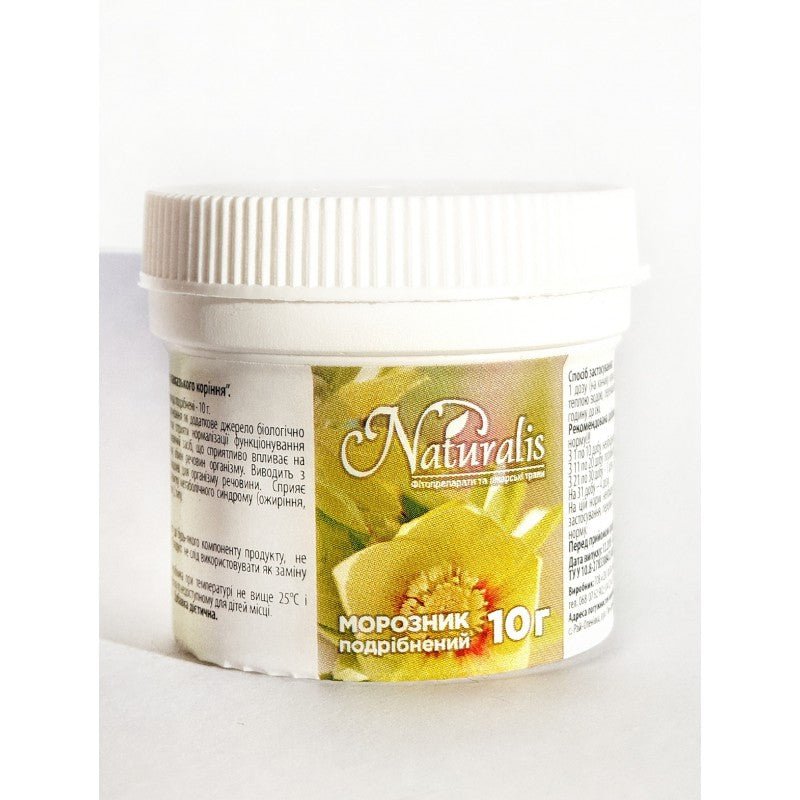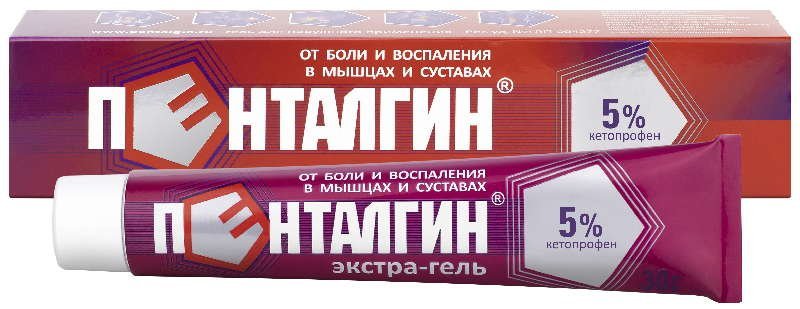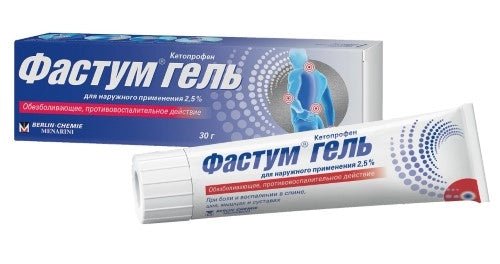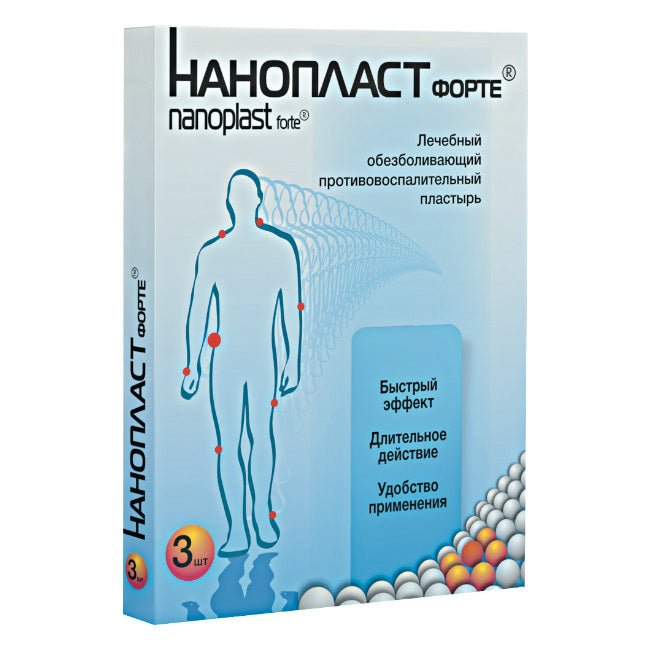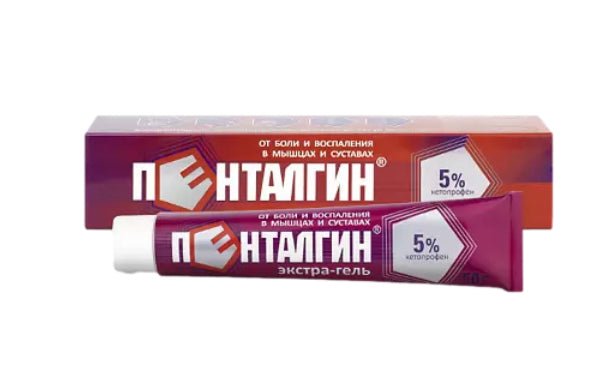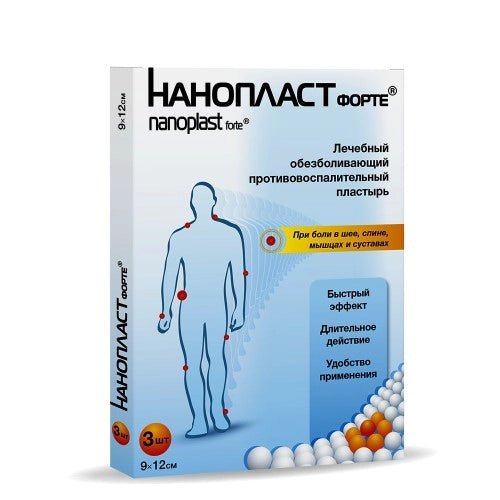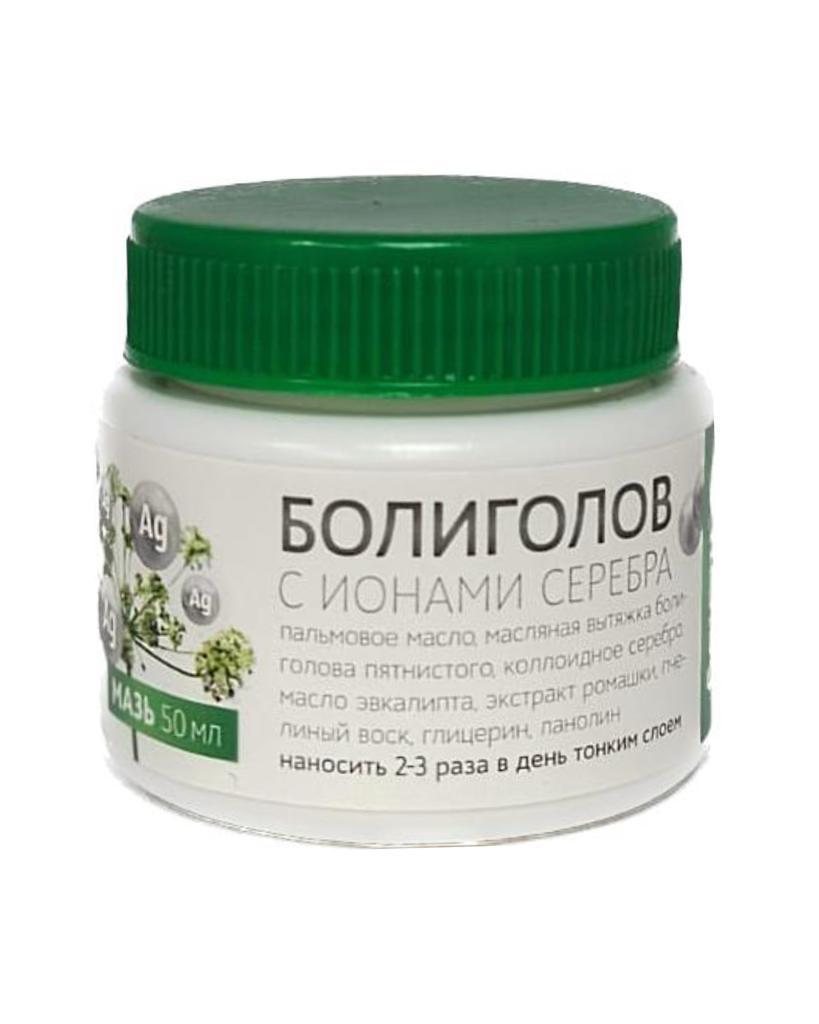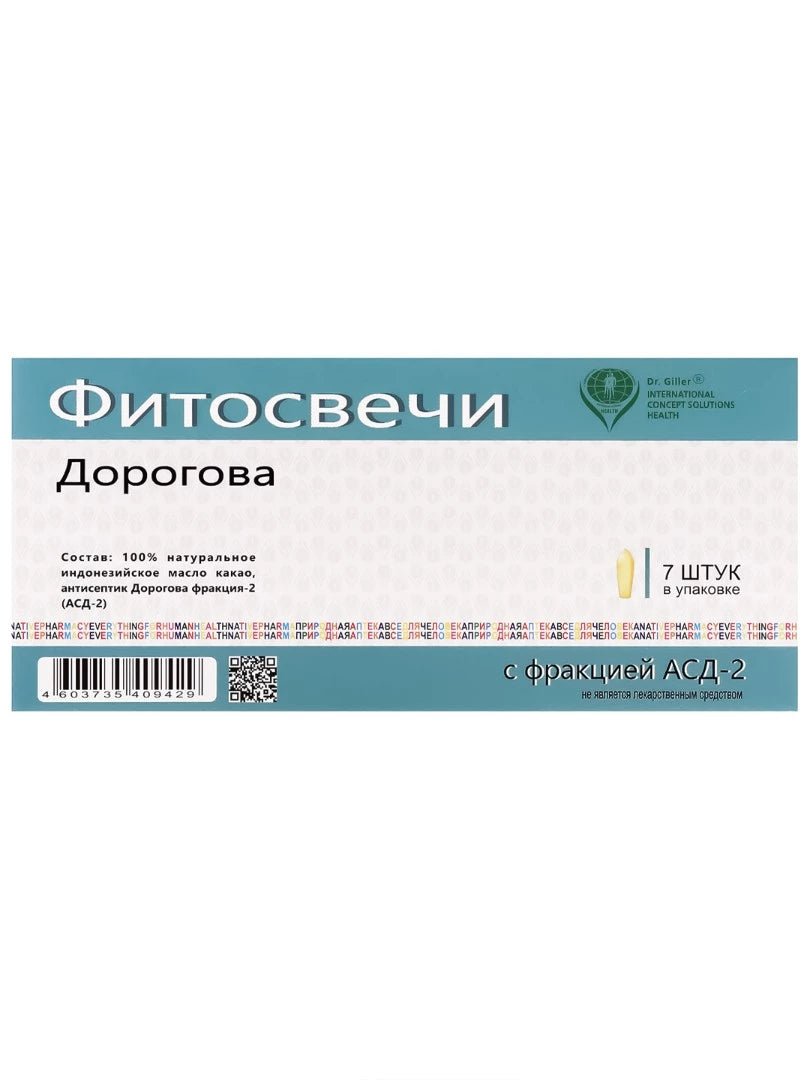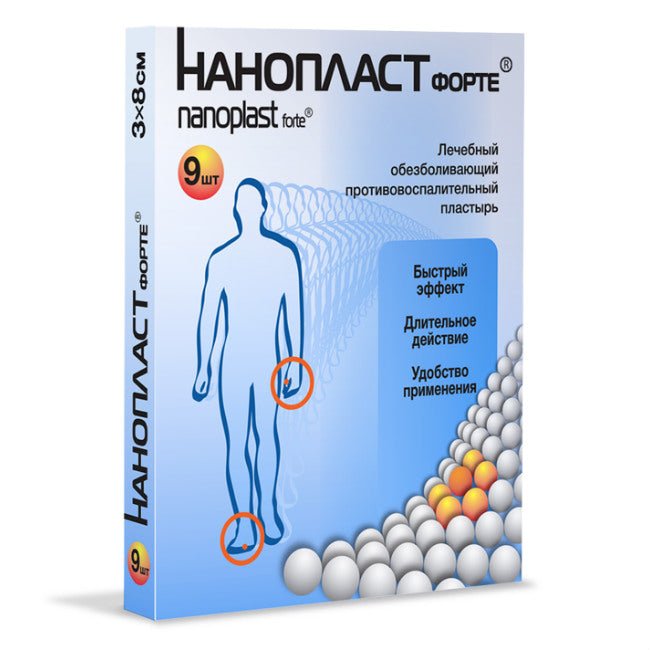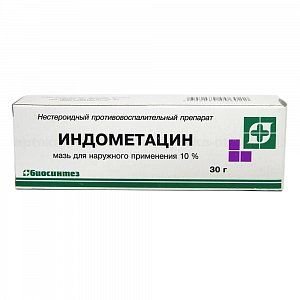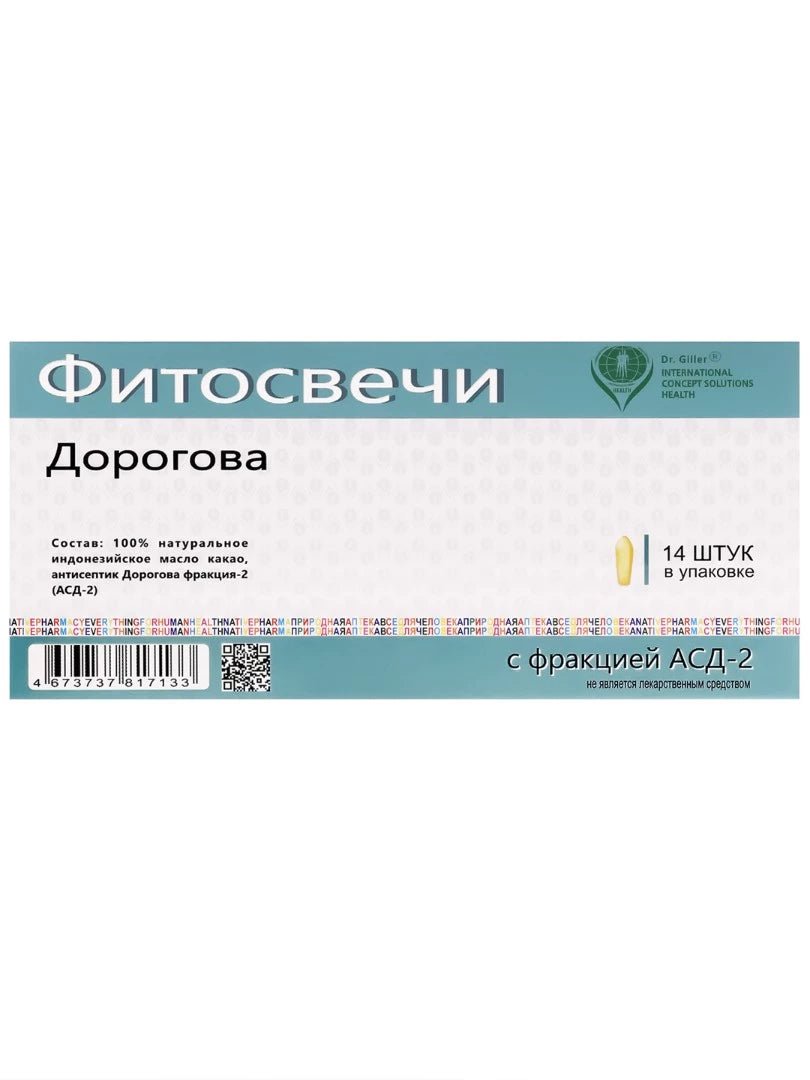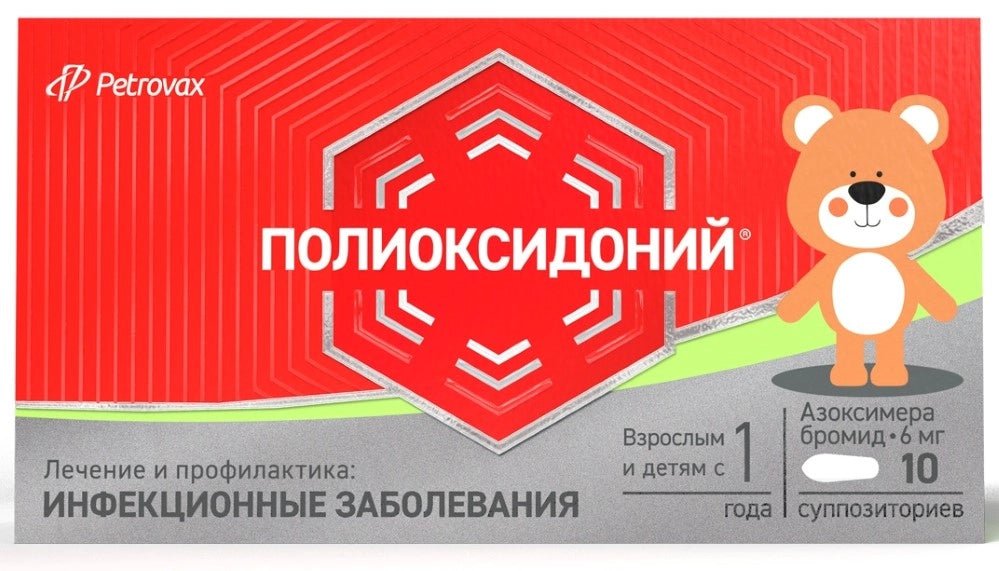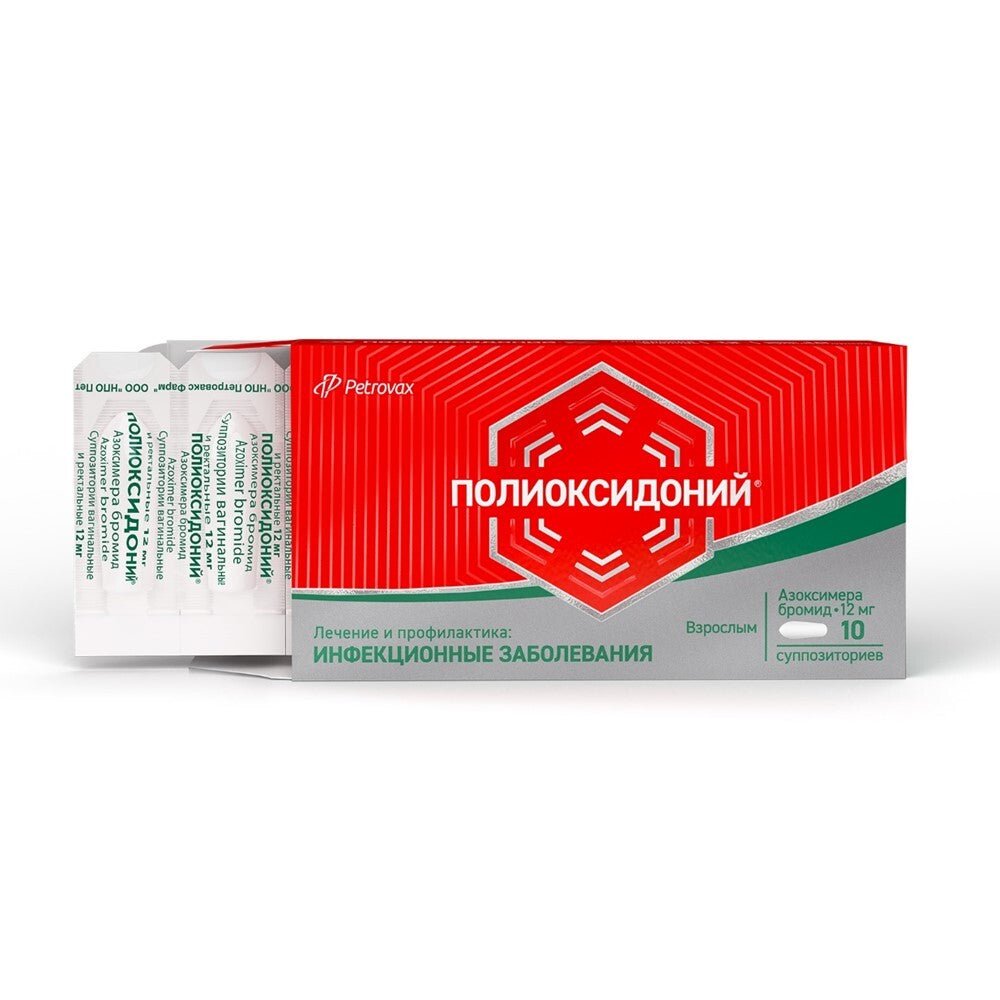Rheumatism is a systemic inflammatory condition that affects connective tissue and can impact the heart. To relieve it, rheumatism medications are required, as well as remedies that can reduce pain and inflammation.
Types of Rheumatism Medications
Medications for rheumatic disorders are classified into various types of categories depending on their chemical structure, mechanism of action, and subtype. In our pharmacy, you can find over-the-counter pain relievers for joint pain, inflammation relief, and rheumatism risk reduction.
Popular medications for rheumatic pain:
- Diclofenac
- Fastum Gel
- Finalgon
- Viprosal
- Apizartron
- Pentalgin, and others
Keep in mind that you may need not only pain relievers for rheumatism but also tablets, gels, and creams that work to eliminate bacteria causing the symptoms, which are available by prescription from a doctor.
How to Choose Rheumatism Medication?
First and foremost, consult with your healthcare provider. Most rheumatism medications are prescription-based, especially corticosteroids, anti-rheumatic OTC-meds (DMARDs) that modify the condition, and chondroprotectors.
When selecting options to manage rheumatism, consider the following tips:
- Identify the type of rheumatic condition, as different types of pathology require different medications.
- The severity of the disorder affects the active ingredients in medications, as well as the maximum dosage and length of use.
- Take into account any accompanying illnesses, your overall health condition, age, and other medications you are taking.
- Review the side effects of the medications and consult your doctor to select the best option.
The most common group of OTC-products for this condition is anti-inflammatory medications for rheumatism. They not only help control symptoms and relieve pain but also work to reduce inflammation, slow joint tissue destruction, and improve overall well-being.
What Can Be Done for Rheumatism?
In addition to taking rheumatism medications, it is essential to follow certain medical recommendations To lower the risk of progressionand improve your condition.
Balance your diet by adding sources of vitamins and minerals. Spend time outdoors regularly or engage in light physical activities that do not strain your joints. Avoid harmful habits, especially smoking and alcohol consumption. Monitor your weight, maintaining an optimal body mass index, and promptly address any accompanying conditions that may trigger rheumatic symptoms.
And if you're looking for effective over-the-counter rheumatism remedies, choose them at our pharmacy!
Please Chat with us or send us a message on WhatsApp





